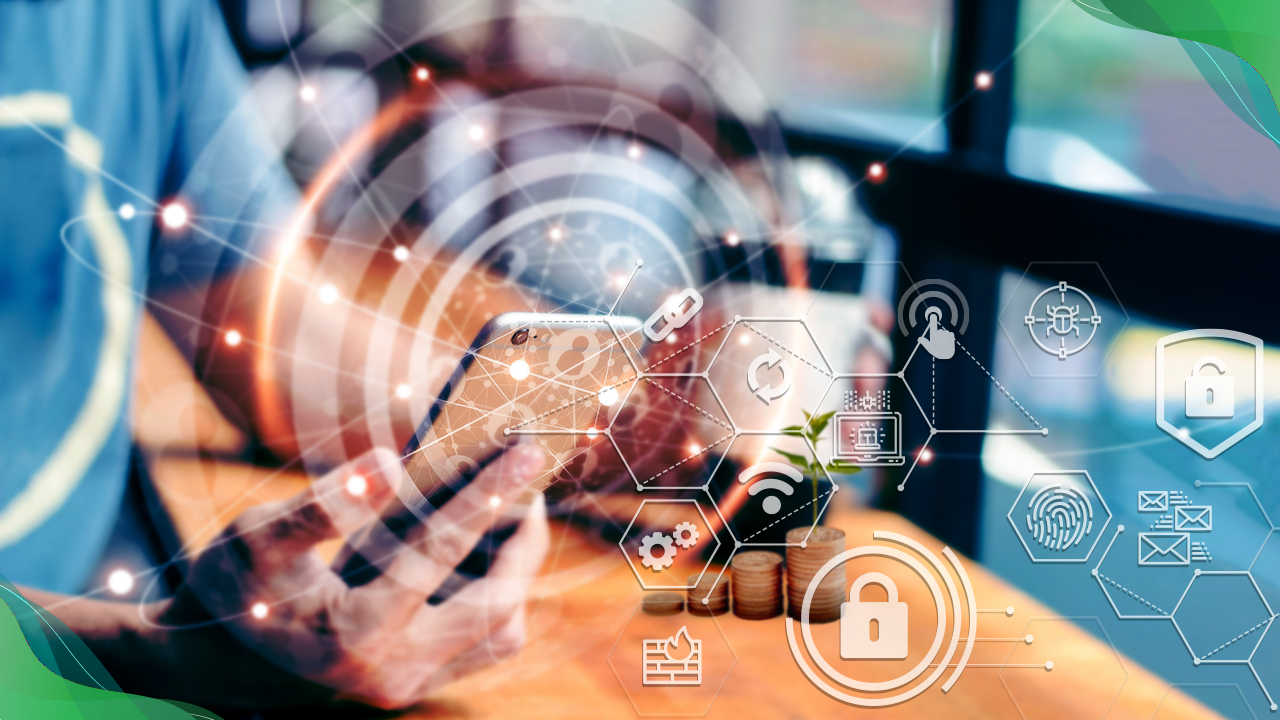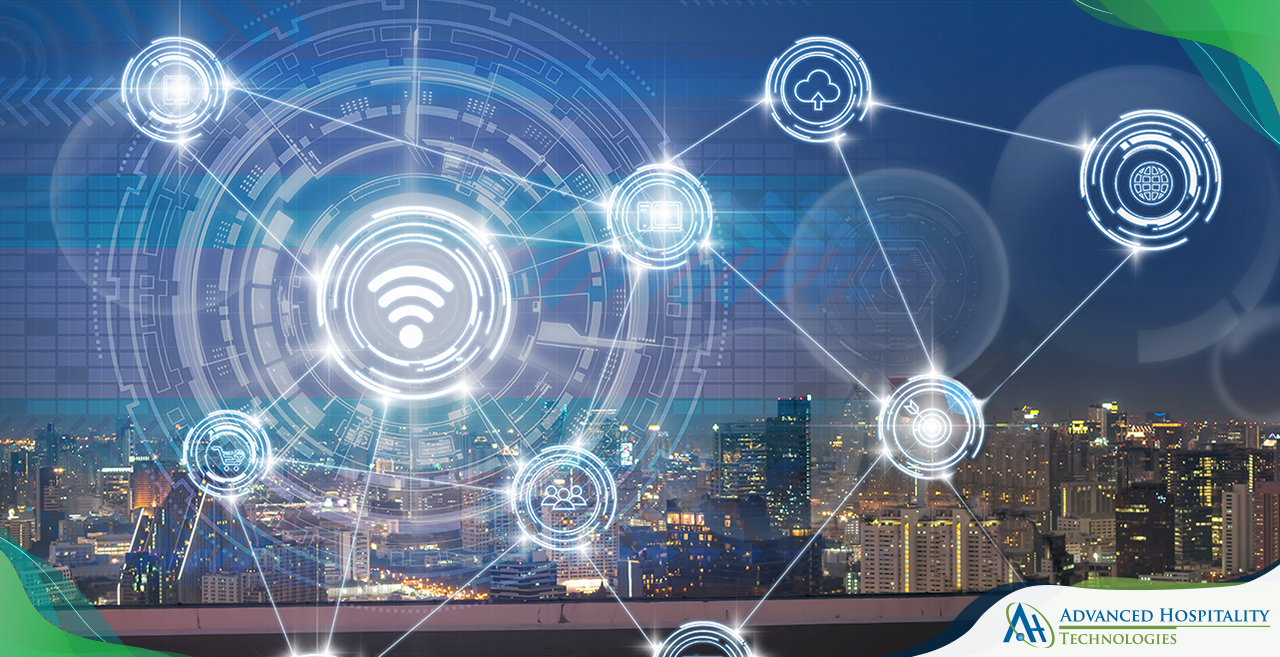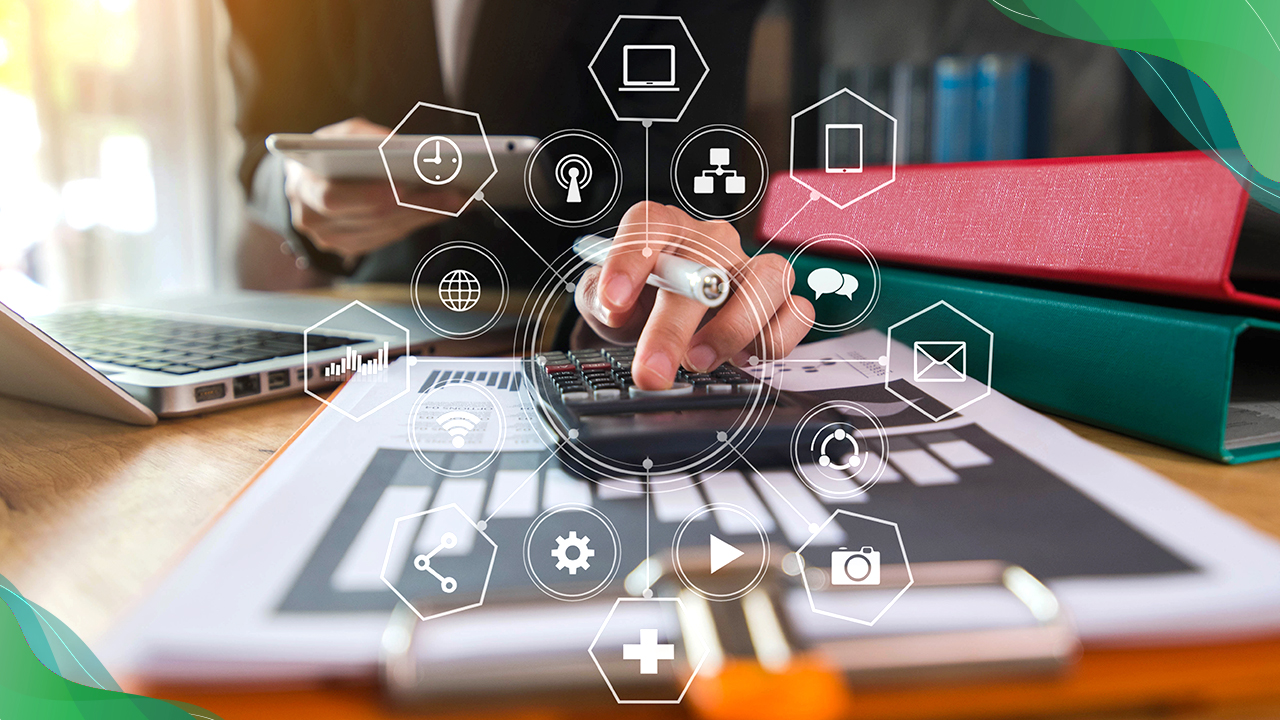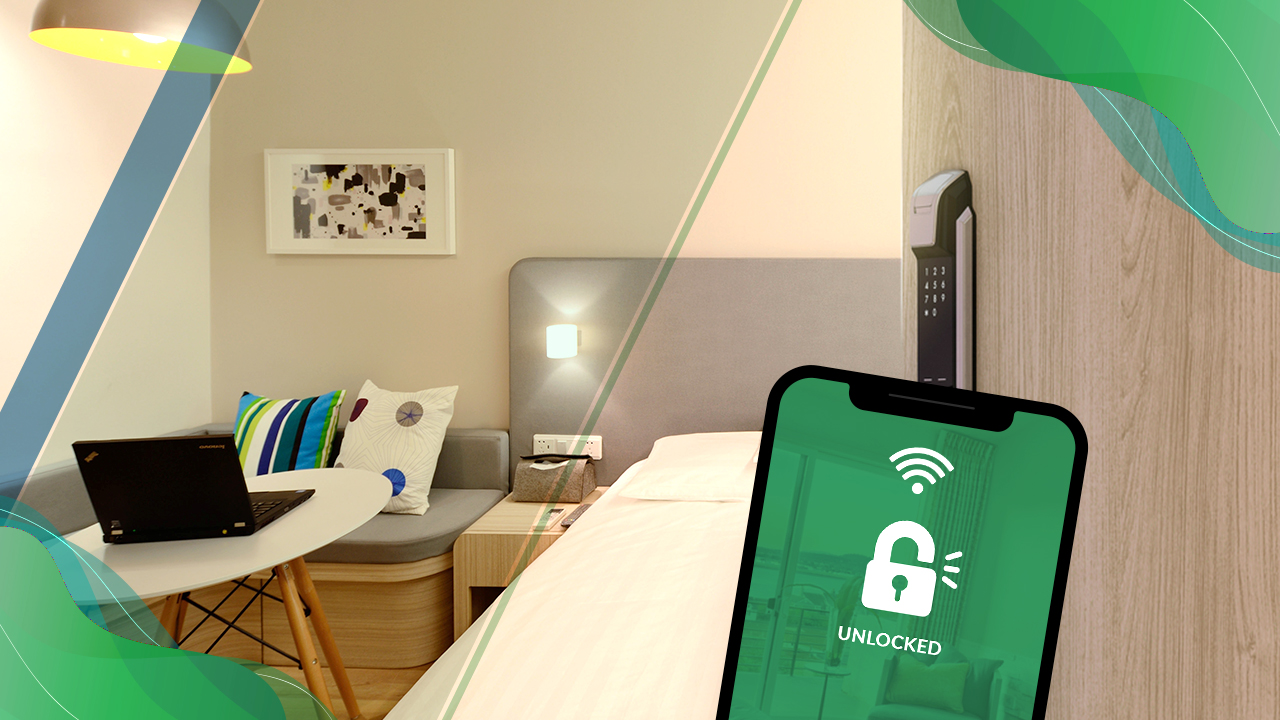Increased vaccinations and induction of technology has certainly helped hotels to finally reopen with increased health safety rules in place.
The industry is however still in a recovery phase that requires hoteliers to steadily improve their in-house offerings through better technology services and management of these assets. STR’s latest US hotel performance data indicates a light decline as the industry saw declines in ADR, RevPar and occupancy.
Now with increased COVID19 liability, fewer personal interactions, and remote staff work it is crucial for hotels to harness the true strengths of technology and its management for more favorable outcomes.
Technology has been vital for hotels to reopen and welcome travelers to their lodging services. From mobile check-in to bluetooth room key services, hotels around the world have deployed various technology “buffs” to make their offerings more accessible and safer for guests.
Integrating innovative technology to improve marketing & branding, customer services, food & beverages, back office, in-room service, dining, property management etc. has been a top priority for hotels over the past two years, a prominent ORACLE research identified last year.
The Oracle research concluded that a massive 71% of guests identified that technology will be a top reason they will choose when booking rooms post-COVID19. The research also identifies that guests demand more lenient and digital booking experiences that offer more flexible refund and cancellation policies.
The research also mentions that:
“Seventy percent or more of hotel executives said they are considering or already establishing proactive COVID-19 protocols, such as conducting regular temperature checks of employees, capping on-property staffing levels at any given time, and enforcing social distancing. In addition, 64% said they already have created a retraining program or were currently developing one to help furloughed staff transition back to work.”
Understanding There is a MASSIVE Issue – Managing COVID19 Liability Through Technology Management
Proactive technology management is already allowing the likes of Marriott, Sheraton, and Hilton hotels to safely open properties for travelers. This is all simple, it is the fruit of their proactive investments into technology services including big data & AI, digital marketing & branding, simplified digital communication tools, cloud PMS capabilities, and remote work tools.
The Marriott Hotel Group has leveraged several technologies to assist staff with daily operations and guests during their stay. Some of the most intuitive guest technology services the hotel giant introduced were mobile check-in & checkout, bluetooth room keys and digital menus for restaurants.
Like the Marriott Group technology management is allowing hotels of all types mitigate against liabilities like COVID19 transmission, sterilization, staff safety issues, and rapid health monitoring of both staff & guests.
Proactive technology management enhances security for hoteliers both digital and physical. By simplifying the guest journey through intuitive tools like digital check-in, bluetooth keys, and digital communications, hotels can completely negate liabilities continually.
Introducing Digital Marketing to Reach Wider Audiences
An increasing number of hotels are now migrating their marketing and branding to digital mediums like social media, websites, and mobile apps.
There are some great examples of hospitality providers leveraging social media and digital platforms to either improve their brand loyalty, enhance audience reach, and marketing their services post-COVID19.
In 2015, FRHI Hotels & Resorts invested in high value digital content with the goals to ‘gain brand exposure, to drive relevant referral traffic, increase bookings, and build high-value links to the domain for increased SEO performance.’ FRHI Hotels & Resorts reported that this simplistic strategy “built visible generated $1m in advertising value for FRHI hotels & resorts”.
Spanish based Melia Hotels International aimed to become the most popular brand on social networks. In a successful partnership with HootSuite, the hotel franchise:
- Experienced a 15% rise in social media followers in 6 months
- Experienced a 16% increase in website traffic from social media in Europe
- Featured in the top 10 most influential IBEX 35 companies on social media in 2018
- Categorize their audiences in Global, Regional and Local markets
- Simplified Social Media Management through HootSuite dashboard
- Engaged customers with interactive content
- Shared their guest experiences in real time through influencer marketing
- Humanized the brand through social interactions
There are many other real life case studies of hotels integrating websites, and social media to provide travelers more access to their brands. Independent and small hotels have also used toned down versions of social media marketing to deliver live promotions and discounts to their digital audiences.
Several hotel franchises have even invested in signature smartphone apps, designed for their most loyal guests. Guests can easily book rooms, check-in through a tap, order food, chat with the concierge, contact the laundry, and message housekeeping through these highly intuitive apps.
Enhancing Revenue Through Technology Management
Professional technology management can help hotel operators to considerably reduce costs and enhance staff productivity. Utilizing real time technology monitoring, quarterly maintenance, synergy of technology systems, and managed IT support hoteliers can significantly reduce cost of operations.
The increasing trend of environmentally sustainable hotels is inspiring hoteliers to enhance their power management and waste management. Many hotels have already deployed alternative energy generation, linen waste reduction, and smart sensor technology to reduce power waste in their assets.
Hotels are also employing breakthrough tech like smart sensors, predictive maintenance software, remote work tools etc. to reduce a number of recurring costs through proactive information of different systems like lighting, air conditions, and room locks.
The Chatwal Hotel in New York retrofitted approximately 1,300 lamps in the hallways, common areas, and 80 rooms, it saved more than 410,000 annual kilowatt-hours, equating to a 90 percent reduction in lighting energy consumption. Indeed, the Chatwal Hotel saved around $124,255 in the first year alone.(HotelManagement.Net)
Similarly, staff are being mobilized to other high priority tasks with the deployment of digital signage services, kiosks, mobile check-in and mobile key services. Guests can experience a personalized stay, with stay always in the back to help.
The use of big data analytics and Artificial Intelligence tools is transforming hospitality operations management. With real time industry data and insights now readily available through state of the art revenue management systems (RMS), pricing rooms has become simpler for hoteliers.
With artificially intelligent RMS providing real time prices and even predictions for future pricing, the revenue managers job has finally been streamlined. Through this predictive business intelligence, hotel operators can make informed decisions about room rates and increasing occupancy.
Conclusion
Get in touch with our team today to learn more about technology management and how it assists hotels be more profitable and productive.
At AHT Inc. we persevere everyday to deliver thousands of travelers delightful technology experiences in hotels across the US. Connect with our team today over our Live Chat or call us at 510-900-5990.




